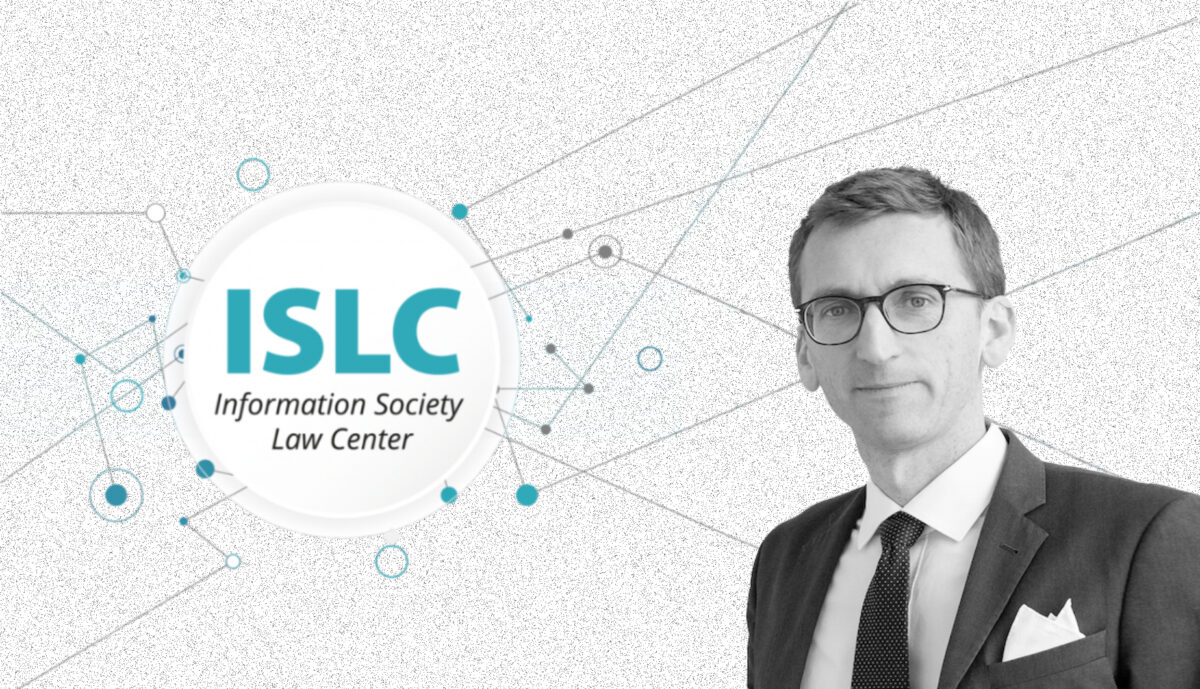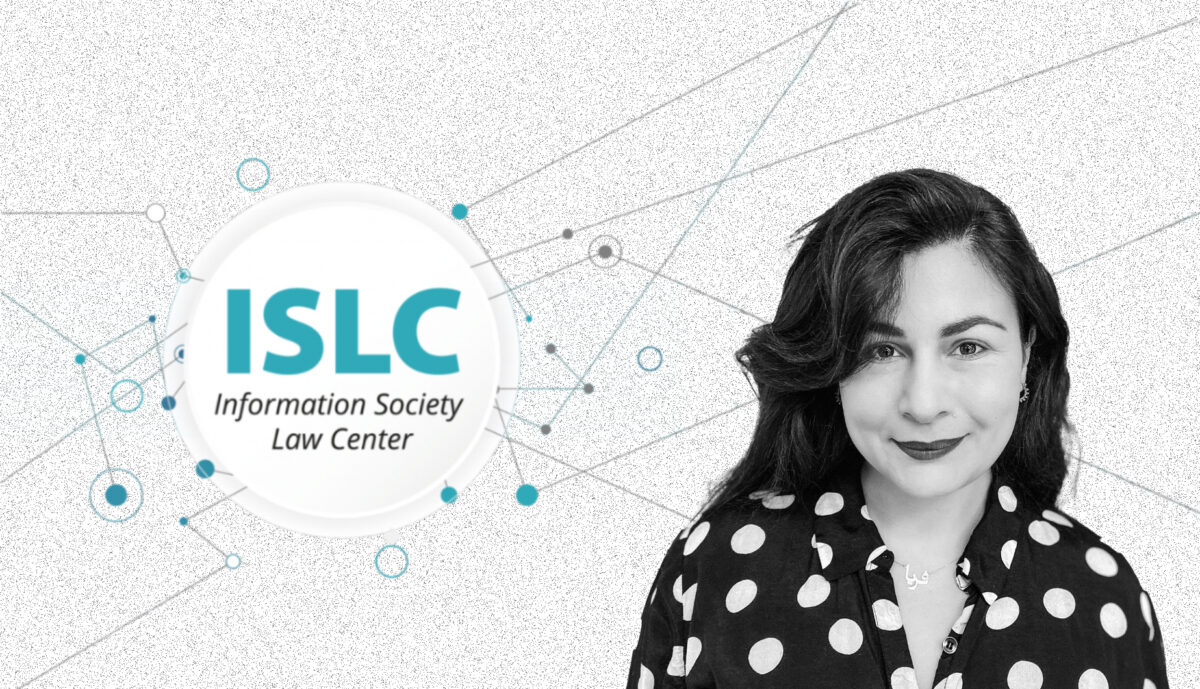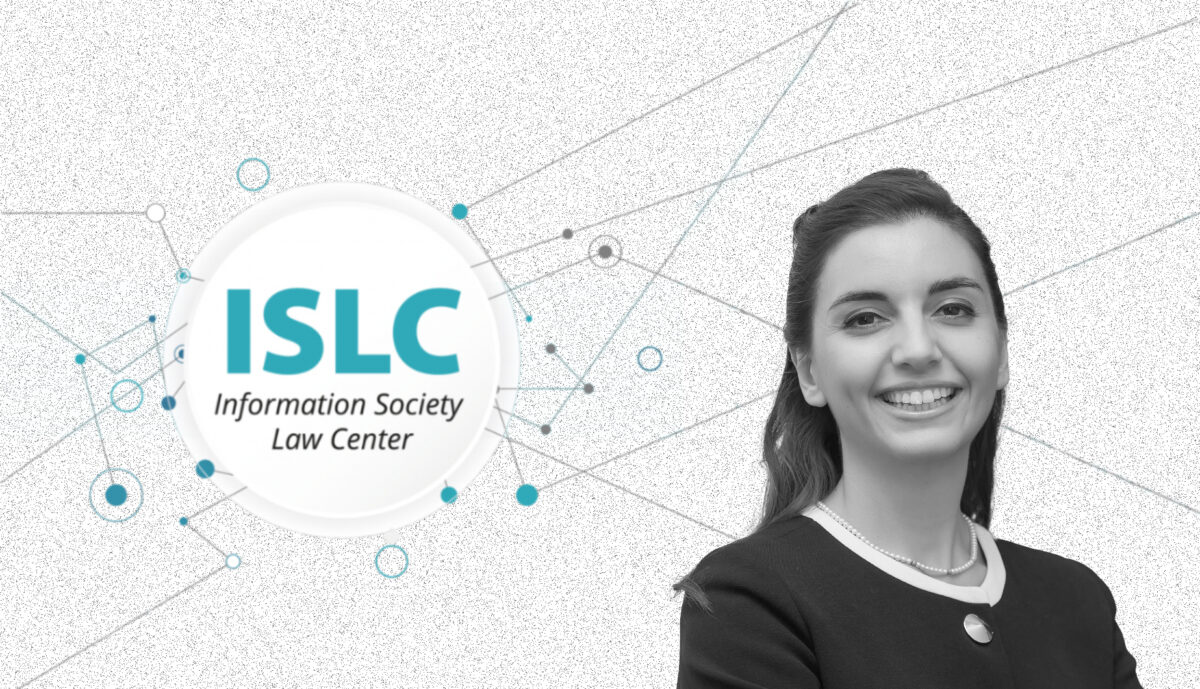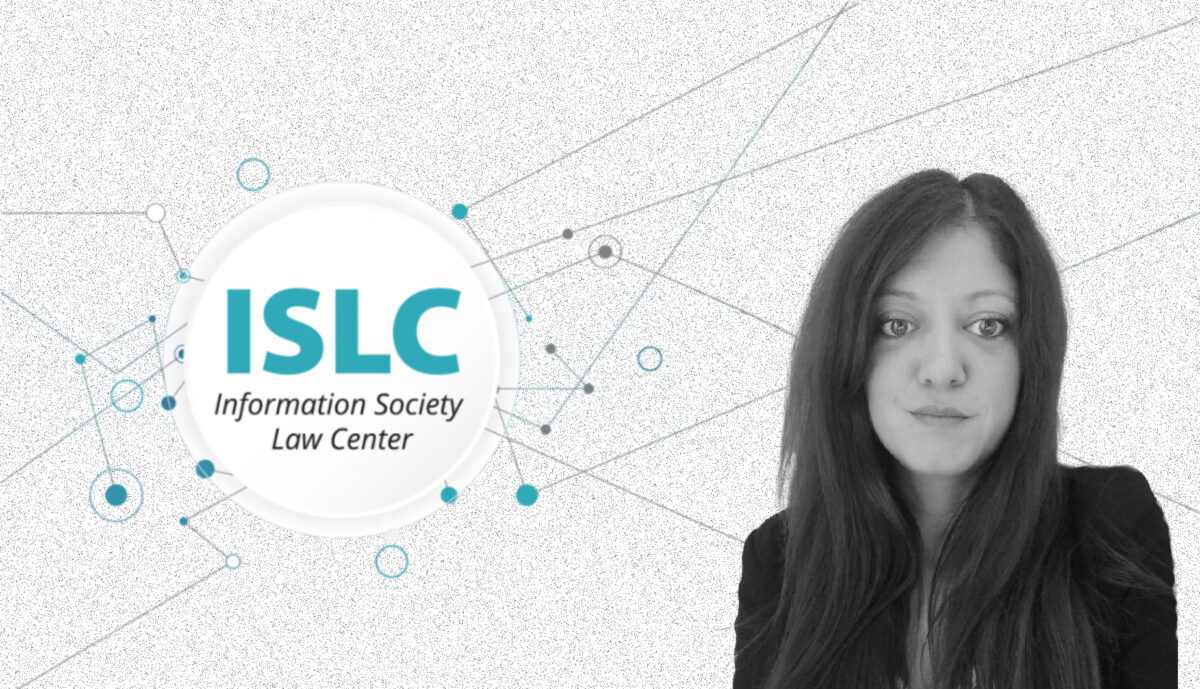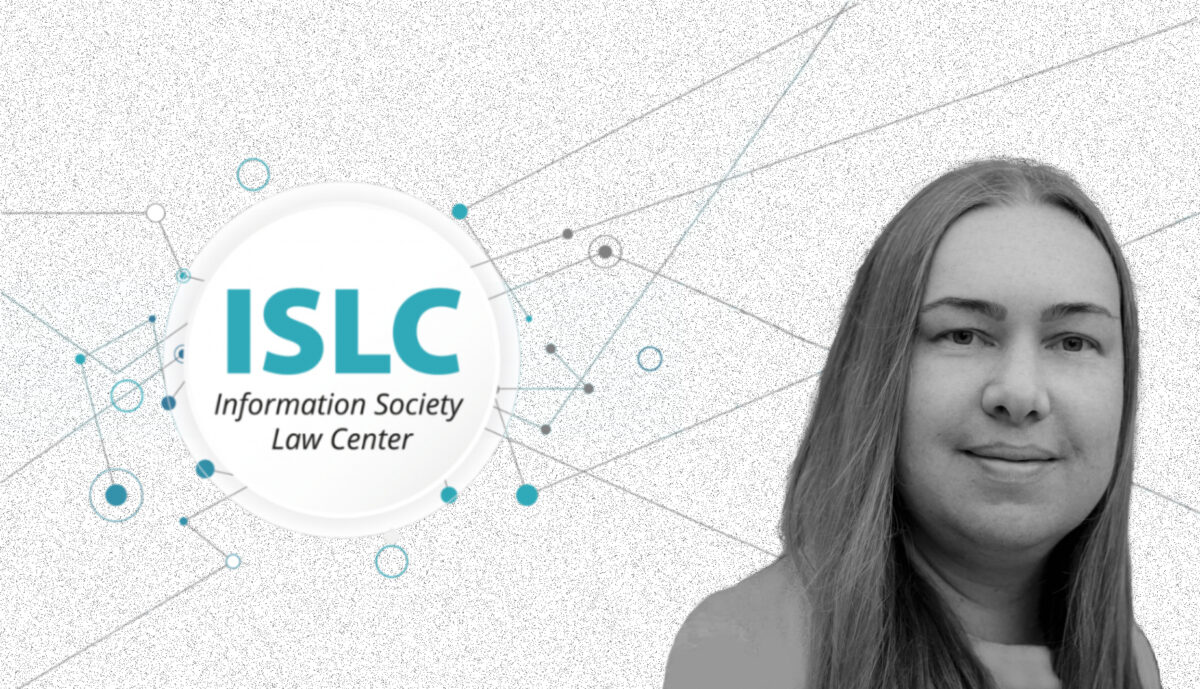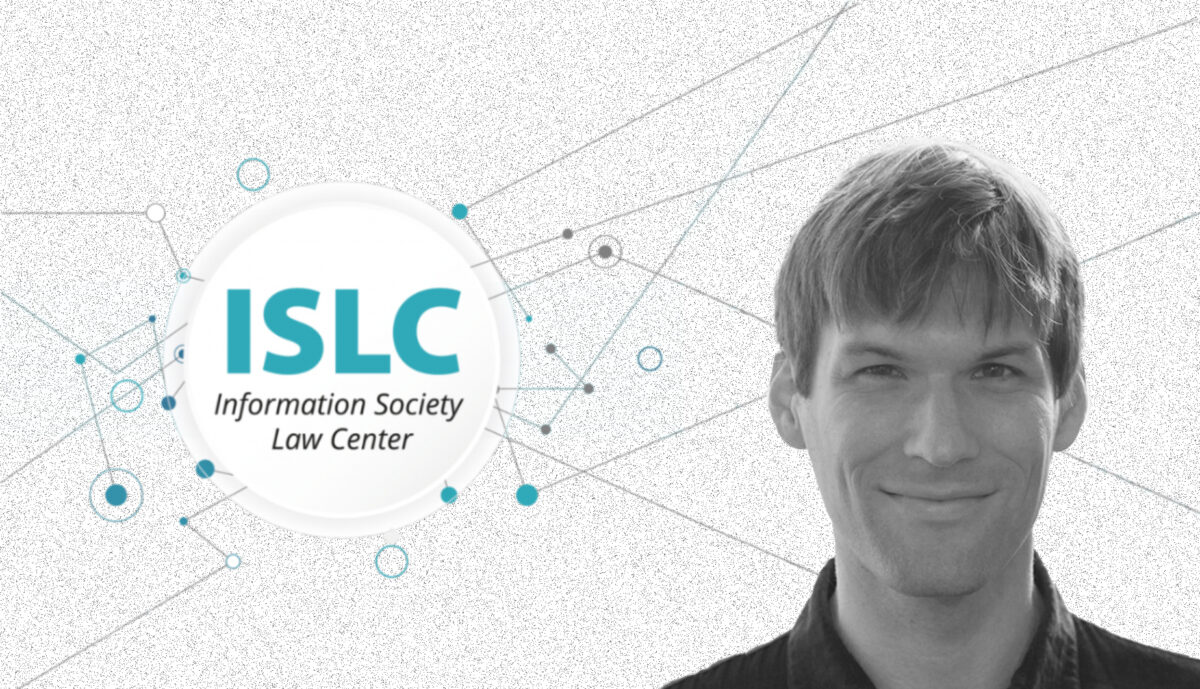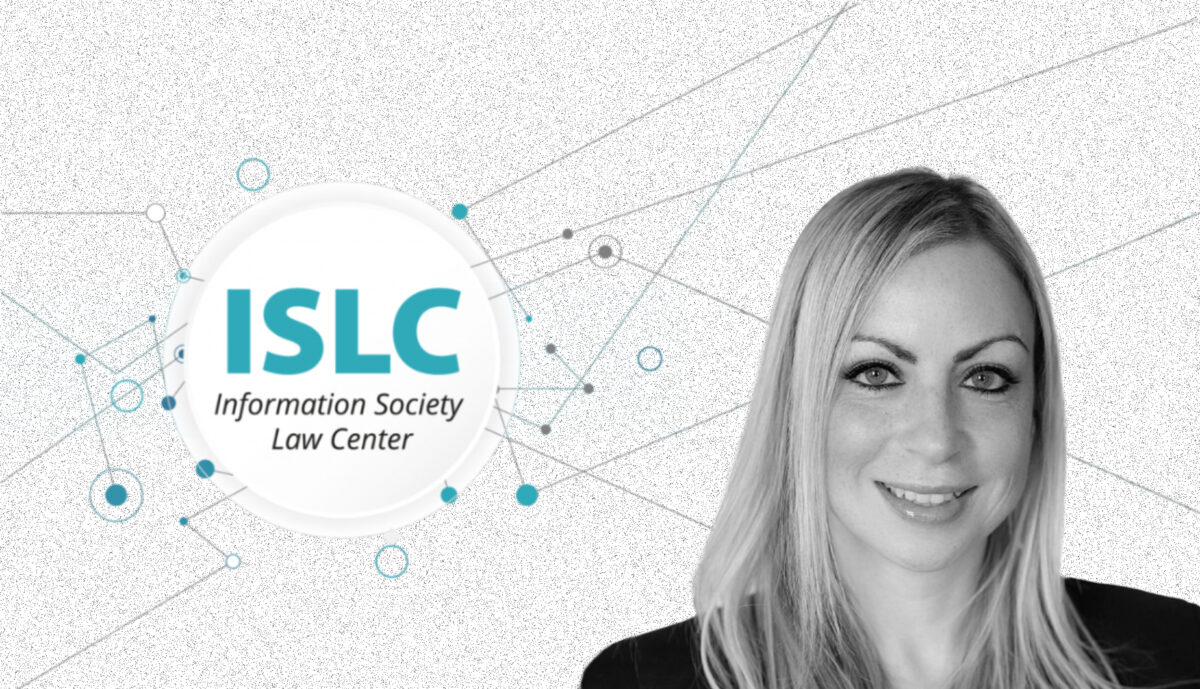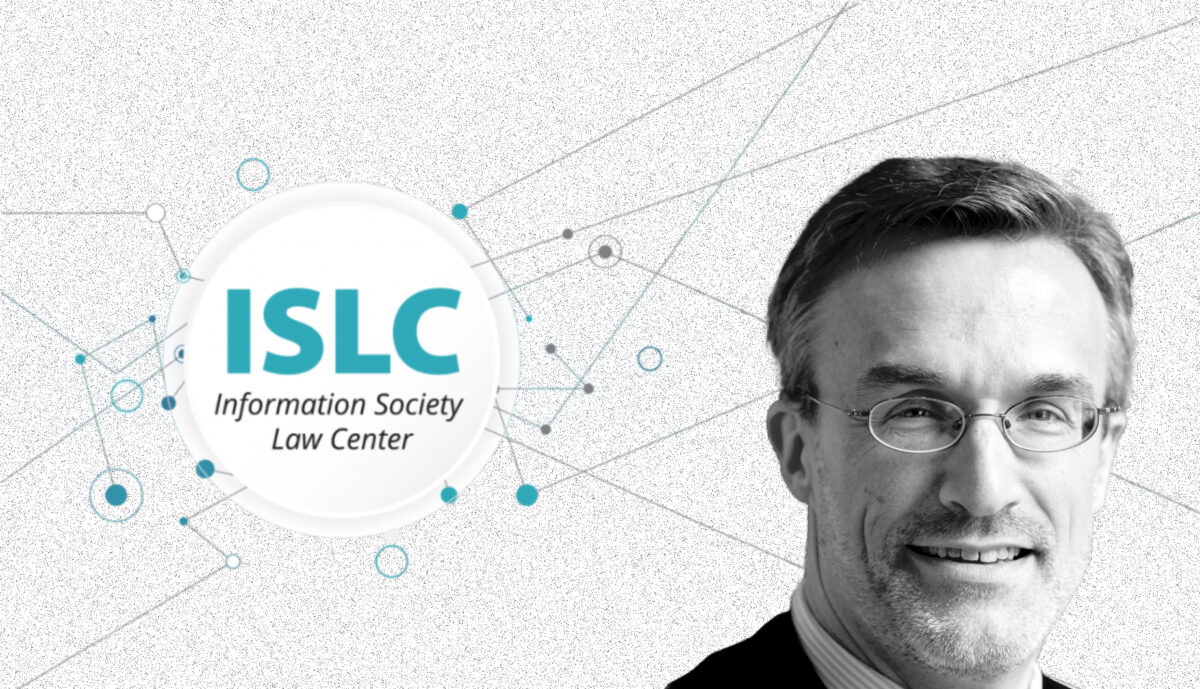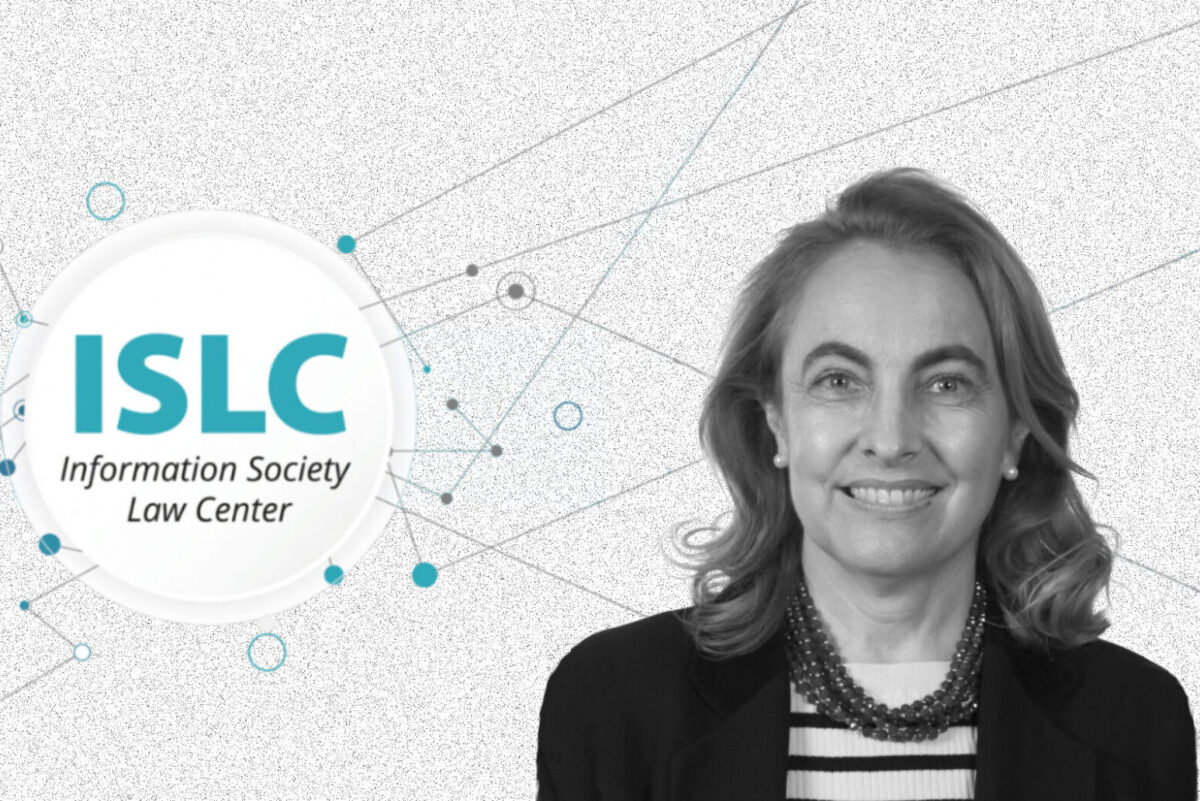Luca Ratti is an Associate Professor of European and Comparative Labour Law and Director of the Master in European Law at the University of Luxembourg. He is a key figure in the study of European labor law, focusing on in-work poverty and European social citizenship.
He is currently holding a Jean Monnet Chair to research and teach on the Sustainability of the European Social Model for the period 2022-2025.
Before joining the University of Luxembourg, he was a Senior Researcher and Adjunct Professor of Labour Law and Social Security at the University of Bologna, where he also earned his Doctorate. Since February 2020, he has been coordinating the Horizon2020 project “WorkYP: Working, Yet Poor,” which aims to address issues related to in-work poverty. Additionally, since May 2021, he has been co-coordinating the W@W interdisciplinary project on wellbeing at work, funded by the Institute of Advanced Studies (IAS) at the University of Luxembourg.

